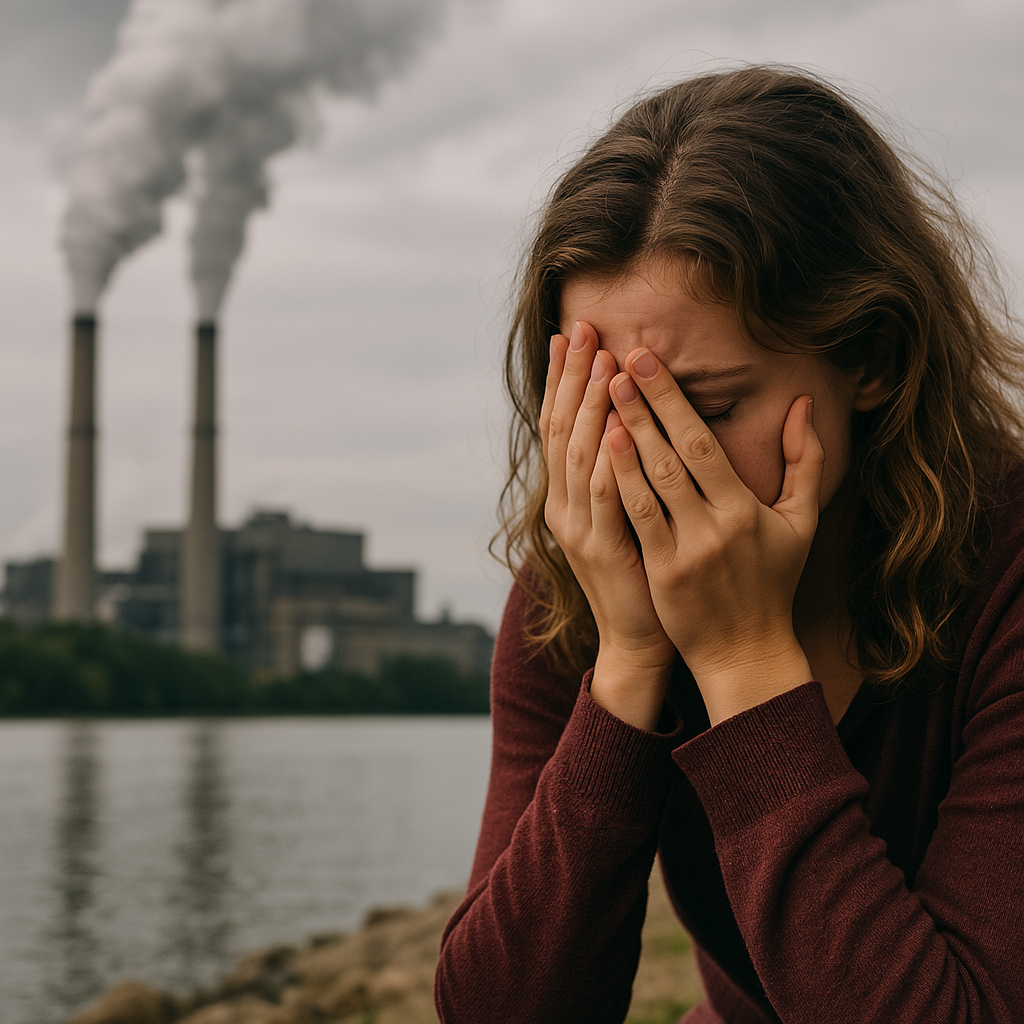Website designed with the B12 website builder. Create your own website today.
Start for free
What Is Eco-Anxiety?
Eco-anxiety, also known as climate anxiety or eco-distress, refers to the chronic fear of environmental doom. It’s an emotional response to the ongoing climate crisis, characterized by feelings of helplessness, worry, and stress about the future of the planet. While not officially classified as a mental health disorder, eco-anxiety can significantly impact an individual’s well-being.
Who Is Affected?
Eco-anxiety can affect anyone, but certain groups are more susceptible:
• Young People: Surveys have shown that a significant percentage of youth report high levels of worry about climate change, with many feeling sad, afraid, and anxious.
• Indigenous Communities: These populations often experience direct impacts of environmental changes, leading to heightened emotional responses.
• Women: Studies indicate that women are more likely to report high levels of eco-anxiety compared to men.
Recognizing the Symptoms
Eco-anxiety manifests in various ways, including:
• Emotional Symptoms: Feelings of fear, sadness, anger, guilt, or helplessness related to environmental issues.
• Physical Symptoms: Sleep disturbances, appetite changes, muscle tension, and panic attacks.
• Behavioral Changes: Avoidance of environmental news, obsessive research on climate issues, or reluctance to have children due to climate concerns.
Coping Strategies
Managing eco-anxiety involves acknowledging your feelings and taking proactive steps:
1. Stay Informed, but Set Boundaries:
While it’s important to be aware of environmental issues, constant exposure to negative news can be overwhelming. Allocate specific times to catch up on news and avoid doomscrolling.
2. Engage in Positive Action:
Participate in local environmental initiatives or adopt sustainable practices in your daily life. Taking action can provide a sense of control and purpose.
3. Connect with Like-Minded Individuals:
Joining community groups focused on environmental advocacy can offer support and reduce feelings of isolation.
4. Practice Mindfulness and Self-Care:
Techniques such as meditation, yoga, and deep-breathing exercises can help manage stress and improve overall well-being.
5. Seek Professional Support:
If eco-anxiety significantly impacts your daily life, consider speaking with a mental health professional who can provide coping strategies tailored to your needs.
Conclusion
Eco-anxiety is a natural response to the environmental challenges we face today. By understanding its impact and implementing coping strategies, individuals can navigate their concerns more effectively. Remember, while the state of the environment is a collective issue, taking care of your mental health is equally important.
For more insights on mental health and coping strategies, stay connected with our blog. Your well-being matters, and we’re here to support you on this journey.